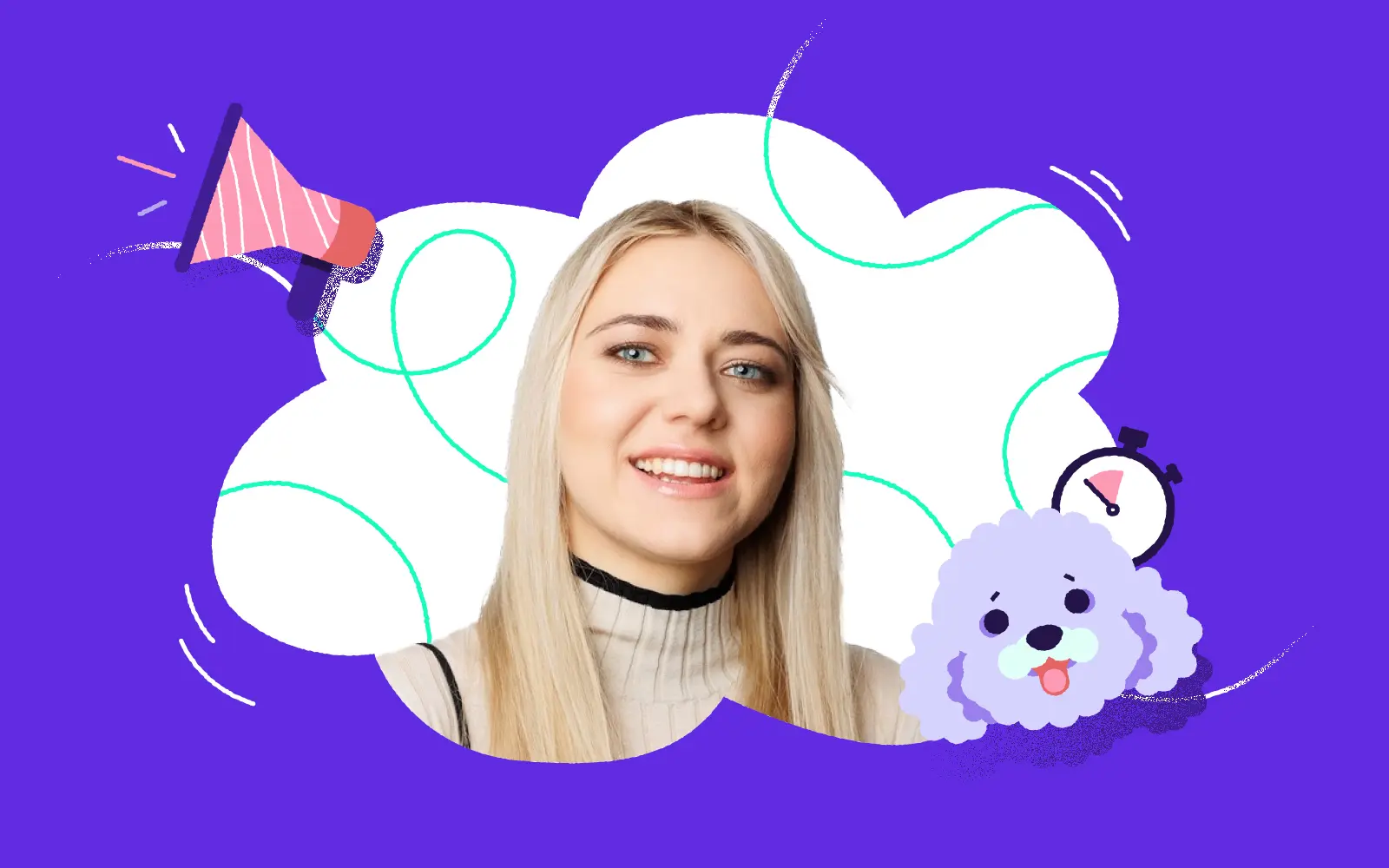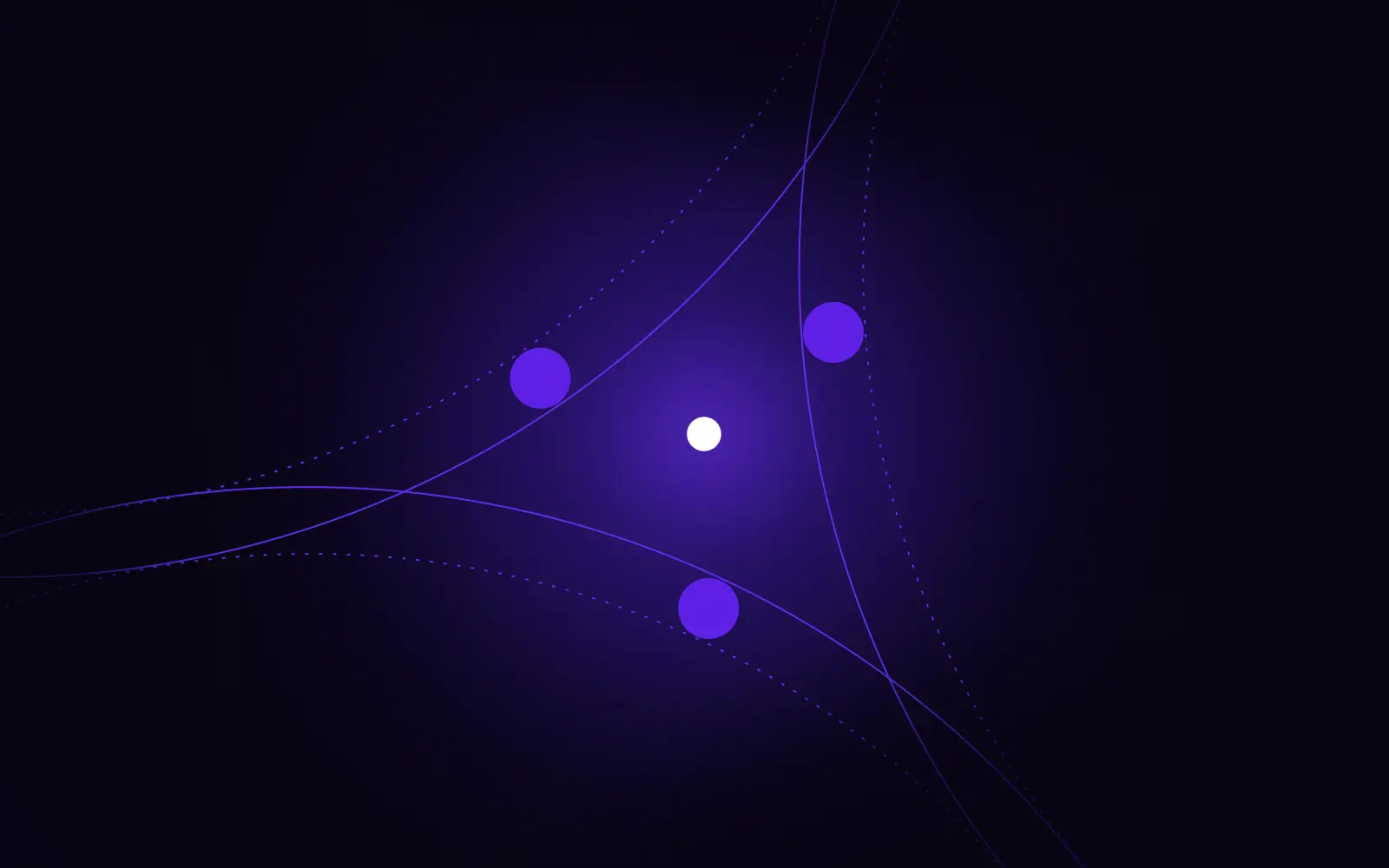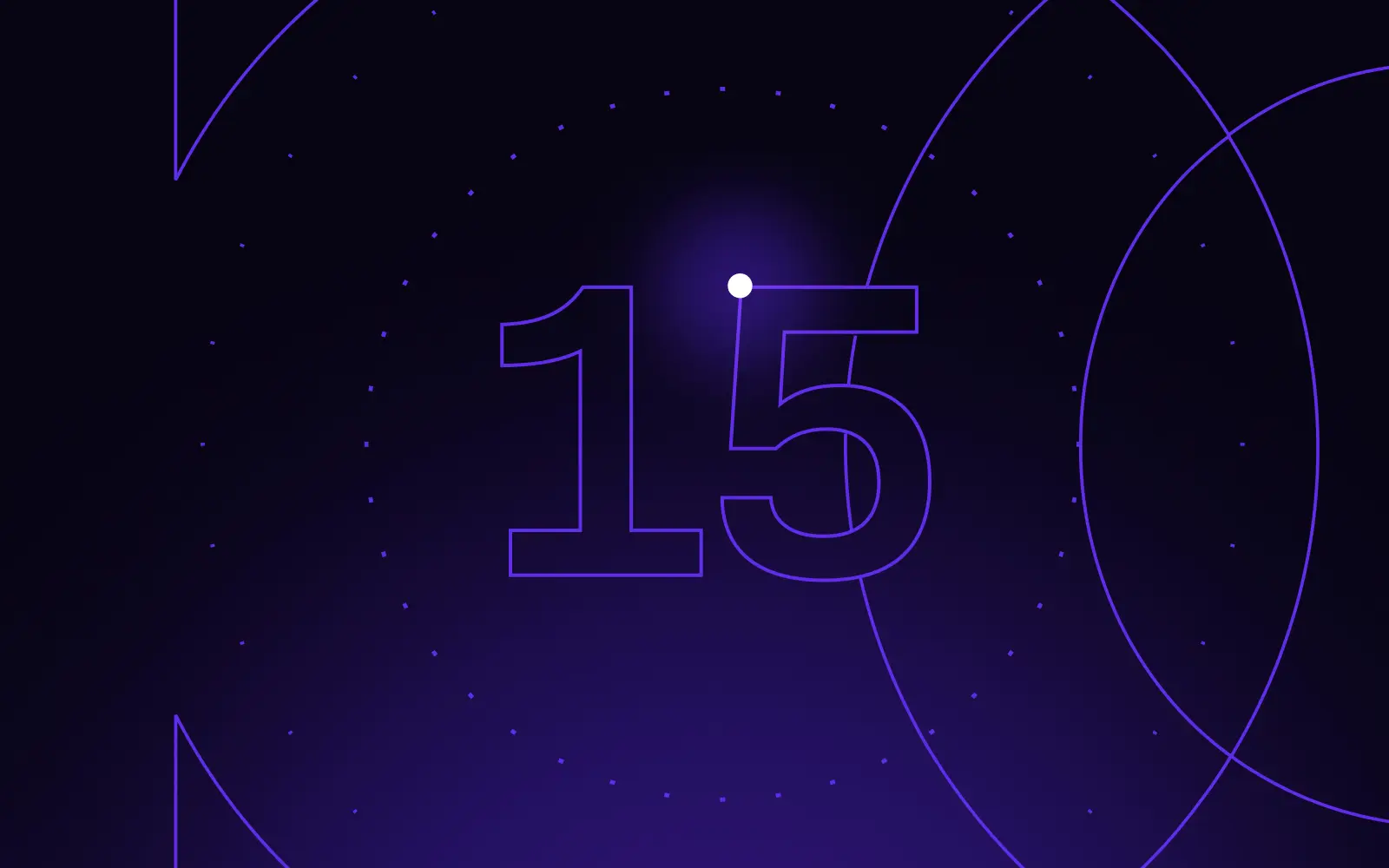
Are you a developer looking for work and concerned about the impact of COVID-19 on recruitment? If so, I wanted to share with you how we’re continuing our recruitment process here at 10Clouds and what changes we’ve implemented in light of the current situation. I also share my tips on how best to prepare for such a process at any time, not just during the current global situation.
This article is for you if:
- You want to understand the main things to prepare for during your recruitment process.
- You want insight into how a recruitment process works in remote mode.
- You want to make yourself stand out from other candidates.
- You haven’t looked for a new job for a while, and want to refresh your understanding of the different stages involved.
- You want to learn more about recruiters’ newest methods and tricks.
- You want to know how to polish the contents of your CV.
Why 10Clouds?
- We have been around for over 10 years and have over 130 experienced developers in our midst
- We have operated remotely in some capacity since the very beginning, so we are well-equipped to share our tools and processes.
- We are a Software House with a wealth of experience and have been trusted by companies small and large across the globe from San Francisco to Sydney
- We have recruited entire project teams for clients from the Silicon Valley and other parts of the world.
Below, we have honed in on each of the stages of the recruitment process, showing what you should pay particular attention to. Please note that we have based our advice on our own recruitment process, although much of the advice will be relevant to most developer hiring practices.
1. Preparing your CV
While it is tempting to create a generic CV which lists all of your past experience, and use it to apply to a whole range of jobs, you stand a much better chance of success if you tailor it to the post that you are applying for. Here are some additional pieces of advice from our recruitment team, which you might find useful:
- Make sure that your application matches your CV, and be sure to check your personal details such as the phone number and address
- Keep your CV as simple and straightforward as possible. The recruiter wants to know all about your skills and experience.
- Note that there are different norms in different countries. In Poland, CVs with a photo are expected, while in the UK, photos are generally not used. Be sure to do some research on the country that you’re applying to if it’s different to your own.
- Next to each role, it is useful to list which development languages and technology you used.
- Note that your application should be in the same language as the advert – if it is in English, you should also apply in English.
- If your circumstances are unusual (e.g. you’re moving from abroad), please list your plans for making yourself available to work.
- Cover letters are optional, but showing an additional interest in the role always makes you stand out, so even a couple of sentences about your experience and current situation would be beneficial.
- Please notify your recruiter if you’re currently in any other interview processes. Most recruiters will be keen to adapt to your timeline to make sure that they don’t lose out on good candidates.
2. Preparing for a coding test
Codility is a platform which we use at 10Clouds to help us assess candidates’ skills. We use personalized tasks for each role such as Developer or QA Engineer and the language or technology stack, such as Python, JavaScript, Node.js or Java. The candidate is given 3-4 working days to complete the test at home and the threshold for passing is 60%. Note that other software agencies may not use Codility, but they are likely to have some form of practical test for you to complete as part of the recruitment process. Other test providers include CodeAssess and TestDome.
Below are some additional points to note from our recruiters about preparing for the test:
- It lasts three hours, and once the time starts, you won’t be able to pause and return to your work. We give 3 or 4 days to complete it, and we pay attention to quality, rather than speed. Make sure you set aside enough time to complete it and do it in a calm environment.
- If you haven’t completed a Codility test before, check the sample tests on their site first to get to know the environment and see what kind of tasks you can expect.
- Remember that simple tests you can run on your code do not test your code fully. Full tests will be run after you submit your result, so be sure to write any additional tests you need and read the description carefully to come up with test cases.
- Our threshold for passing is 60%, but we approach each test individually. If you are a few marks off but the assessor is generally impressed with your work, you still stand a chance of passing to the next stage.
3. Preparing for interview
In any recruitment process, getting to the interview stage is a success in itself, and it’s important to prepare thoroughly in order to get yourself to the finish line. At 10Clouds, our first interview is divided into two sections. The first focuses on your cultural match, your motivations for the role, and what is important for your future career progression. The second is about your technical experience. In normal circumstances, you are invited to our office, but we can conduct all interviews online, using Google Hangouts. Other businesses might use different remote communication platforms including Skype and Zoom. Remember to test your camera and microphone before you start. Interviews are always limited when it comes to time and it would be a shame to waste it on connectivity issues.
Below are some handy tips from our recruitment team about each of the above stages.
The first part of the interview: about you and your motivations (30 min)
- Do your research on the company. Understand the types of clients served, the style of work and the expectations of the role, as you’re likely to be asked about these.
- Be prepared to talk about what is important to you about the role. What first drew your attention to the specific job advert? Here, the interviewer will be looking to see whether you’re actually keen on this particular role, or you’re just looking for any role in the field.
- Consider the type of work agreement that you would prefer – B2B, Contract of Employment or any other form.
- Consider your salary expectations – in light of what you know about the role now, have these changed since you first applied? Remember that your remuneration is more than just your salary. You should consider things such as: the cost of working in a given city/remotely, the ability to use a range of technology, to learn new tools and work with high-end, expert software engineers. These are all outlined in the job spec.
- Consider your availability – particularly if you’re relocating.
The second part of the interview: about your technical experience (1.5 hr)
- Our first questions are usually about your technical background. So be prepared to talk about technical challenges in your previous projects, tools that you worked with, what are you proud of, etc. Or maybe you have some side-project done in your free time you would like to talk about?
- Here, we don’t just pay attention to your experience, but also your ability to think on your feet and to solve problems in real time.
- Sometimes we drill a bit deeper, especially in places where we think your knowledge might be lacking. We do this to see how you react to problems you don’t immediately know the answers to, what does your intuition tell you?
- You will also be asked to write and read some code, so come with a fresh mind and stay calm, we don’t bite. If you get stuck and don’t know the solution – think out loud and describe your approach to the problem, listen to our tips and hopefully we will get there.
- There will also be an opportunity for you to ask us questions and learn what working with clients looks like from a developer perspective and other technological details of our work. Be sure to think about what you would like to ask beforehand.
Final interview (50 min)
This is usually with the Head of Department and is much less technical. The focus is on finding out whether you’re the right fit for the team and for the company as a whole.
It is a vital opportunity to take control of the conversation and to find out about how the team works, about your boss’ management style, and most importantly about whether you feel that the role is the right fit for you. Be sure to ask as many questions as possible. Finally, you’ll have the chance to talk further about your availability and final work agreement.
Who is our ideal candidate at 10Clouds?
He or she has an in-depth knowledge of the tools that we use (framework, git, etc.), has strong analytical skills and a constructive approach to solving problems. They are outgoing, keen to learn new things and have a good ability to cooperate on projects. Personality fit is also very important to us, we hire a person, not a resume.
Want to know more about recruitment?
Take a look at our other articles on this subject:
Soft Skills That Will Win You a Dream Job in IT
Are You a Good Fit for a Front-end Developer?
Want to join us? Looking to join a dynamic and friendly team of expert developers in the heart of Poland? Have a look at the roles that we’re currently recruiting for at: https://10clouds.com/careers/



